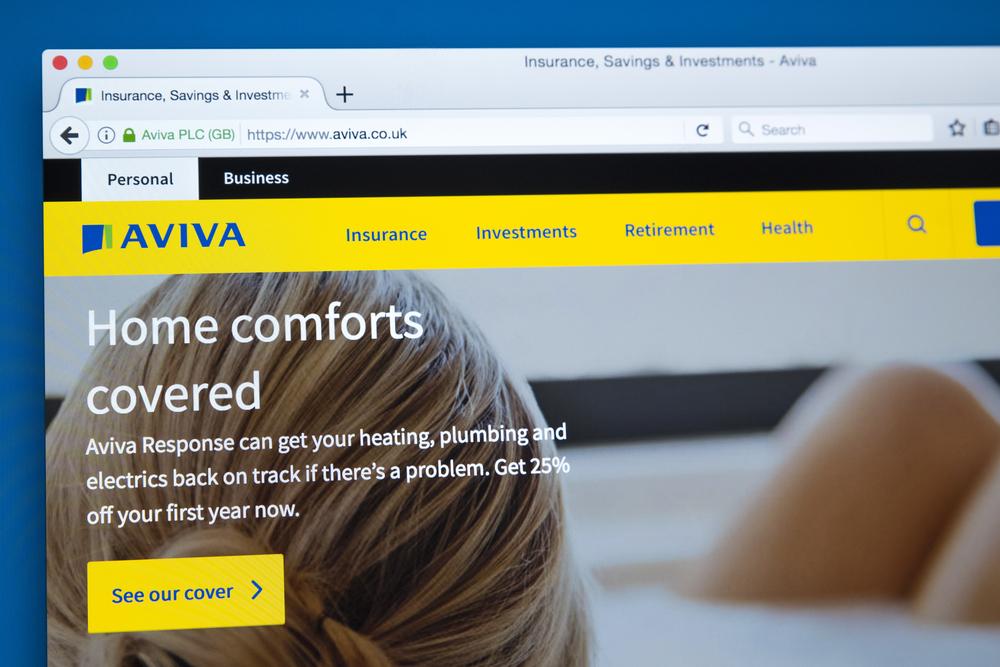Aviva plc (LON:AV) have announced today that they have appointed their Non-Executive Director to senior independent director effective from the start of next year.
George Culmer is set to take the role on, and should be something that shareholders take with optimism as 2019 closes.
Shares of Aviva Trade at 420p (-0.25%). 20/12/19 9:38BST.
The FTSE 100 listen firm said that Culmer will take on the reigns from Glyn Barker whose retirement from the board at the end of this year was announced earlier this month.
Culmer joined Aviva’s board as a non-executive director back in September.
He is also a non-executive director at jet engine maker Rolls Royce, and held previous roles including being chief financial officer at Lloyds and at RSA Insurance Group.
Aviva Chair Adrian Montague said: “George brings significant board level experience, having spent 15 years as a FTSE 100 chief financial officer, and has a deep understanding of insurance and wider financial services.”
Management changes for Aviva?
Aviva at the start of December announced that they would be appointing Amanda Blanc as independent non executive director.
Blanc will take the position, following her appointment as the first women chair of the Association of British Insurers in 2018.
The move will take place from January 2nd, and shows a constructive move by Aviva to stimulate business.
Blanc has vast experience in the industry, having been the former boss of AXA in their UK and Irish division, additionally she has worked at Zurich Insurance Group, and held senior management positions at Towergate Insurance Brokers, Groupama Insurance Company and Commercial Union.
The move to make these appointments in quick succession comes at a time where global trading has been tough, and Aviva are looking to combat this.
Asian Difficulties
Aviva have seen a tougher trading period, particularly in Asia where the firm has made an active effort to promote their operations.
On November 18, the firm made an announcement saying that it was determined to turn its Singapore operations around.
The big insurance firm reported that it had looked at selling off the business, after the board confirmed that offers had been received.
“Aviva’s Singapore and China business units delivered double digit operating profit growth in 2018 and are earning attractive returns. Both countries are expected to pay dividends to group centre in 2019,” the company said in its statement on November 18.
A couple days after this, thee firm saw its shares dip as it gave shareholders an update on its business in Hong Kong.
Shares dipped almost four per cent, saying that it was planning to review its Hong Kong operations.
The insurance firm said it will simply its business structure into five operating divisions and sell its stake in the Hong Kong business to co-investor Hillhouse Capital.
With Hong Kong currently being in both political and economic turmoil, there is no surprise that these results worried shareholders.
Aviva set targets for the next three years. The highlights being a 12% return on equity, a £300 million net cost saving and an aim to generate a cash flow between £8.5 billion and £9.5 billion.
Certainly, shareholders should be pleased with the internal appointment, as Aviva seem to be making an ensured effort to carry optimism going into 2020.

